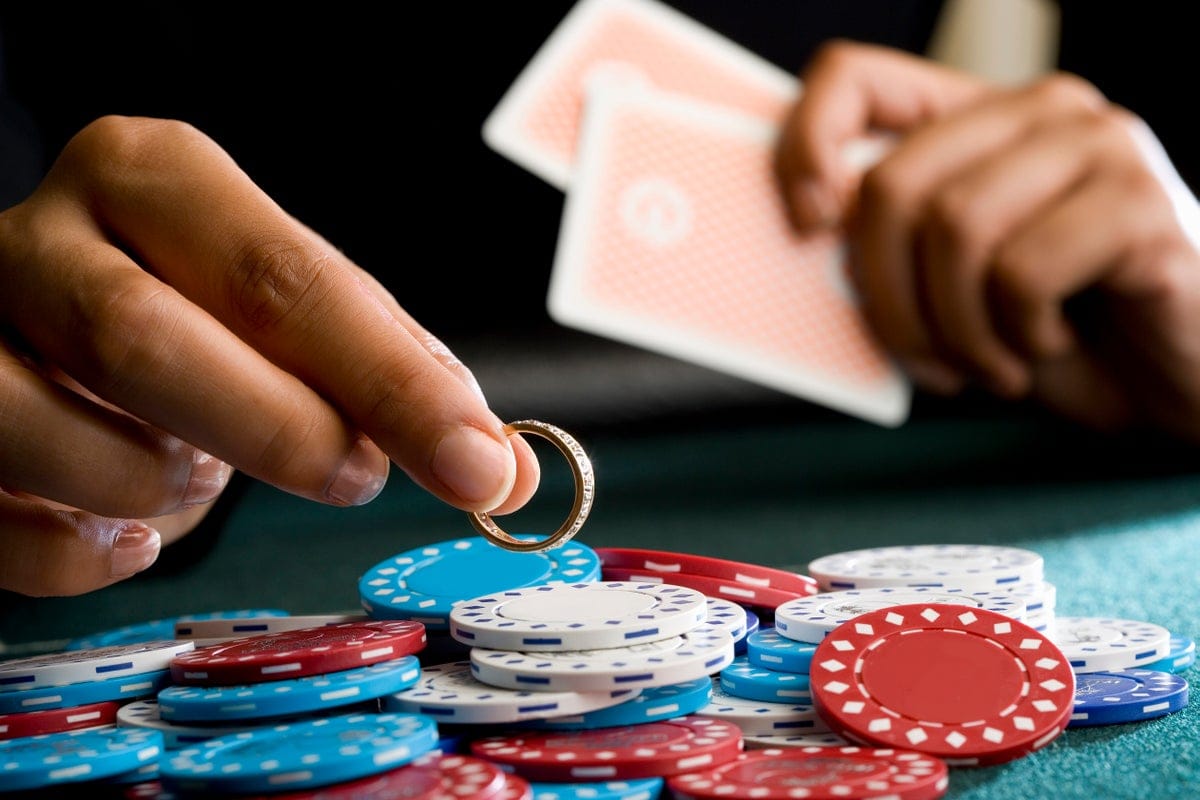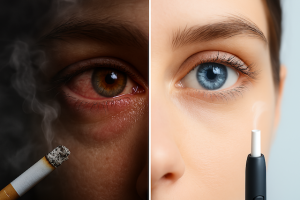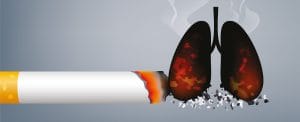A group of researchers from the University of Catania conducted a review on numerous available databases to assess the effectiveness of protocols using magnetic stimulation to treat gambling disorders. A review conducted by a team of researchers from Catania analyzed data on the use of transcranial magnetic stimulation in subjects affected by gambling addiction, a relatively recent treatment that shows promising results.
Catania, January 23, 2024 – In Italy alone, it is estimated that more than one and a half million citizens suffer from gambling addiction, commonly known as ludopathy. This pathology significantly influences personal, family, and work activities. Individuals with gambling addiction exhibit common traits seen in other dependencies, such as recurring and obsessive thoughts about gambling, repeated and unsuccessful attempts to manage or cease gambling, a steadily increasing compulsion to bet higher amounts of money, and attempts to compensate for specific emotional states or deficiencies, such as depression or anxiety, through gambling.
“The gambling disorder is often associated with other psychiatric disorders such as substance abuse, mood disorders, anxiety disorders, and personality disorders, complicating the entire clinical picture,” explains Prof. Antonino Petralia of the Department of Clinical and Experimental Medicine at the University of Catania.
“A promising and relatively recent line of research associates neurobiological changes in specific brain areas, with alterations in the activity of the dopaminergic system, involved in the manifestation of desire and the reward system,” adds Prof. Maria Salvina Signorelli.
Considering that available therapeutic options do not include an official and standardized pharmacological treatment, researchers have focused on alternative treatments to restore the proper functioning of brain areas related to dependence on craving, the constant and uncontrollable desire to continue gambling.
Brain stimulation techniques represent a new frontier in the treatment of addictions or psychiatric and neuropsychiatric disorders. Transcranial magnetic stimulation is one of the most well-known forms: it is a non-invasive magnetic stimulation that does not require hospitalization or sedation of the brain areas involved in the development of addiction, and its side effects are generally minimal. “Among the stimulation techniques for addiction treatment, repetitive transcranial magnetic stimulation (rTMS) and theta burst stimulation are the most frequently used,” explains Dr. Carmen Concerto, one of the study’s authors.
To assess the current state of the art regarding evidence for such treatments, a group of researchers from the University of Catania conducted a review on numerous available databases to evaluate the effectiveness of protocols using magnetic stimulation to treat gambling disorders.
Out of a total of 207 studies, 8 met the inclusion criteria, involving an adult sample of patients with a pathological gambling disorder. Despite the initial focus being on gambling addiction, the researchers decided to include in the review studies where subjects presented other forms of psychiatric disorders or issues.
The evaluations conducted not only focused on the treatment’s effectiveness, reported by the patients themselves or their therapists, but also on changes in symptoms related to depressive or anxiety states, sleep quality, and possible adverse events.
Preliminary data show promising results in the treatment of gambling addiction. However, future research should place more emphasis on the characterization of study samples and conduct long-term studies to assess the effects of non-invasive brain stimulation on the treatment of ludopathy.




